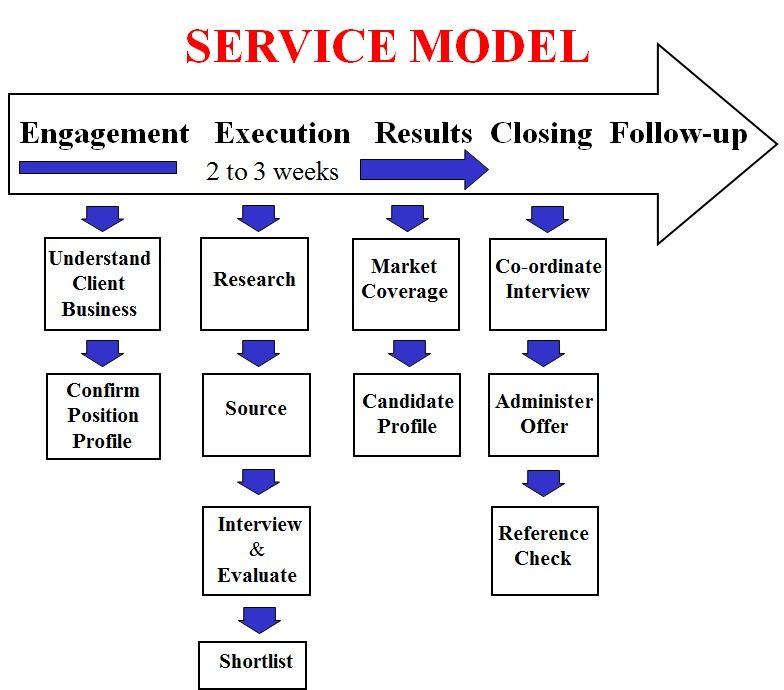GET THAT SALARY RAISE: HOW TO RESEARCH YOUR SALARY SCALE
by Linda Ann Nickerson
by Linda Ann Nickerson
http://www.helium.com/items/290546-get-that-raise-how-to-research-your-pay-scale
Homework Pays Off
Most companies prioritize staff positions in a complex hierarchy of pay grades. Each level is assigned a salary range. Once an employee reaches a certain wage or salary level, their possibility of pay raises is capped out. Despite their stellar performance, such staffers are ineligible for increases, unless their positions are reassigned to a new pay grade and compensation range.
Homework Pays Off
Most companies prioritize staff positions in a complex hierarchy of pay grades. Each level is assigned a salary range. Once an employee reaches a certain wage or salary level, their possibility of pay raises is capped out. Despite their stellar performance, such staffers are ineligible for increases, unless their positions are reassigned to a new pay grade and compensation range.
Know Where You Stand
All too often, ambitious employees gather up their wits and courage and march into their bosses' offices to request pay raises, only to be turned down. Alas, they have reached the top pay rate allowed for their position. Perhaps they would do better to propose a promotion, instead of a pay hike. How can an employee determine where he or she is on the company's pay scale?
Do Some Inside Research

Check the company's publications, whenever possible, employee and policy manuals, and web-site. Are the salary scales posted? Make an appointment with the human resources manager/director. If possible, set up a session with the HR staffer who recruited and hired you in the first place. Ask polite, but direct, questions about pay levels in your employment track. Find out how close you are to the ceiling for your slot.
Check Out Financial Publications
Several periodicals annually publish salary survey editions. Major newspapers do this as well. One such publication is the SNEF’s annual salary survey. You have to bear in mind the survey data is usually one to two years behind. Do make allowance for the time lag. Look for job titles that match or approximately your own. What are similar workers making annually? How do your wages match up? (Be prepared for possible surprises. You may count yourself fortunate, or you may find yourself seeking employment with a more generous company.)
Go Online
Several job-related websites offer helpful salary survey information. Search on SALARIES, and a myriad of sites will pop up. Online resume listing sites also offer salary information. See what job openings exist in your field. Make a few confidential inquiries, just to discover what wages are available. (No one said you had to accept a new position, but you certainly could! Keeping your options open is always a good strategy.)
Check With Your Headhunter / Recruitment Agency
If you know any headhunter or recruitment consultants, check with them about the appropriate salary range for your position title, with the same number of years’ experience. Most of them are in the market and they would be able to tell you accurately the salary range for your position/number of years’ experience.
Consider Redefining Your Position

Job descriptions are rewritten all the time, and positions may be upgraded far more than most people realize. A promotion may not mean an immediate pay raise, or a significant one, but it may raise your pay ceiling and open the door to larger increases in the future.
A little homework can help you to realize what you are worth to an employer, so you can approach your own boss more intelligently, productively, and successfully.






2 comments:
This article is copyrighted material. (I wrote it myself.)
You are welcome to list the URL link to the original article in your blog, so that readers may access it in its actual legal location. However, without the author's permission, it is illegal to reprint copyrighted publications.
Please remedy this situation immediately. Thank you.
Linda Ann Nickerson
Done. Thanks for your reminder.
Post a Comment